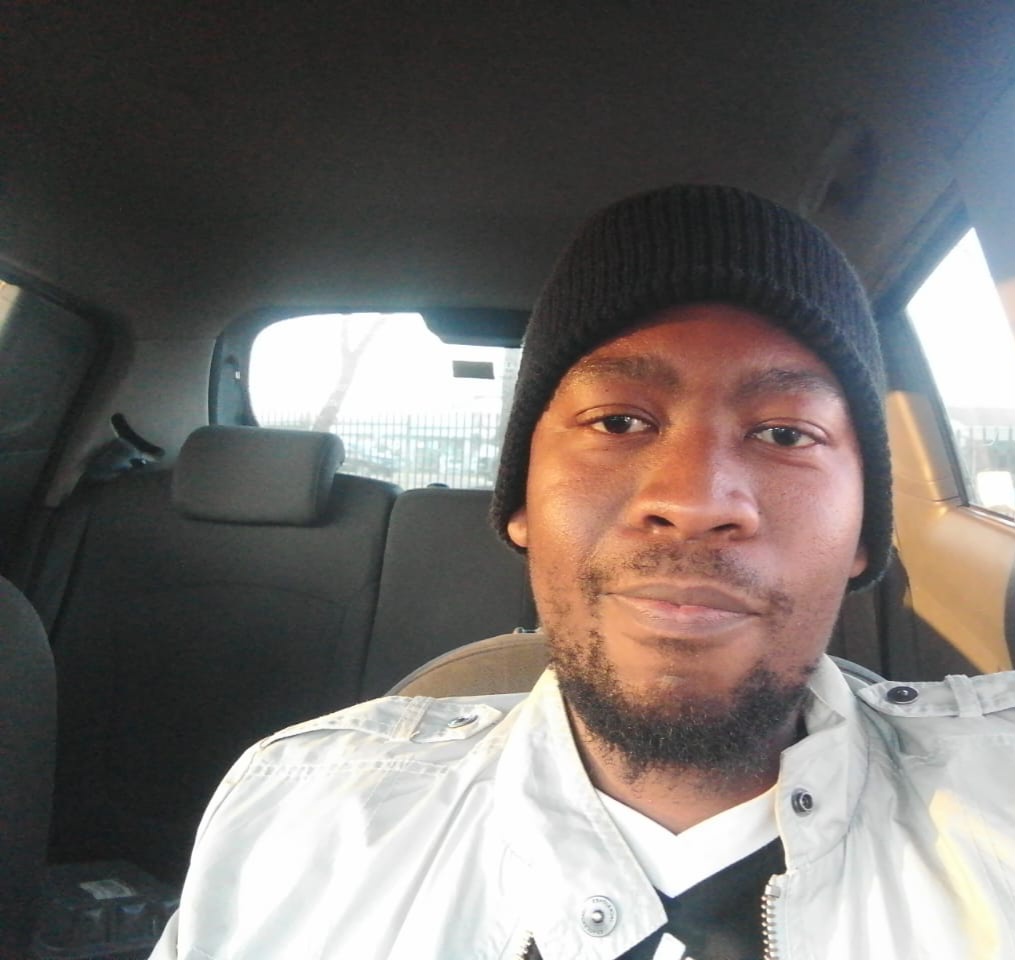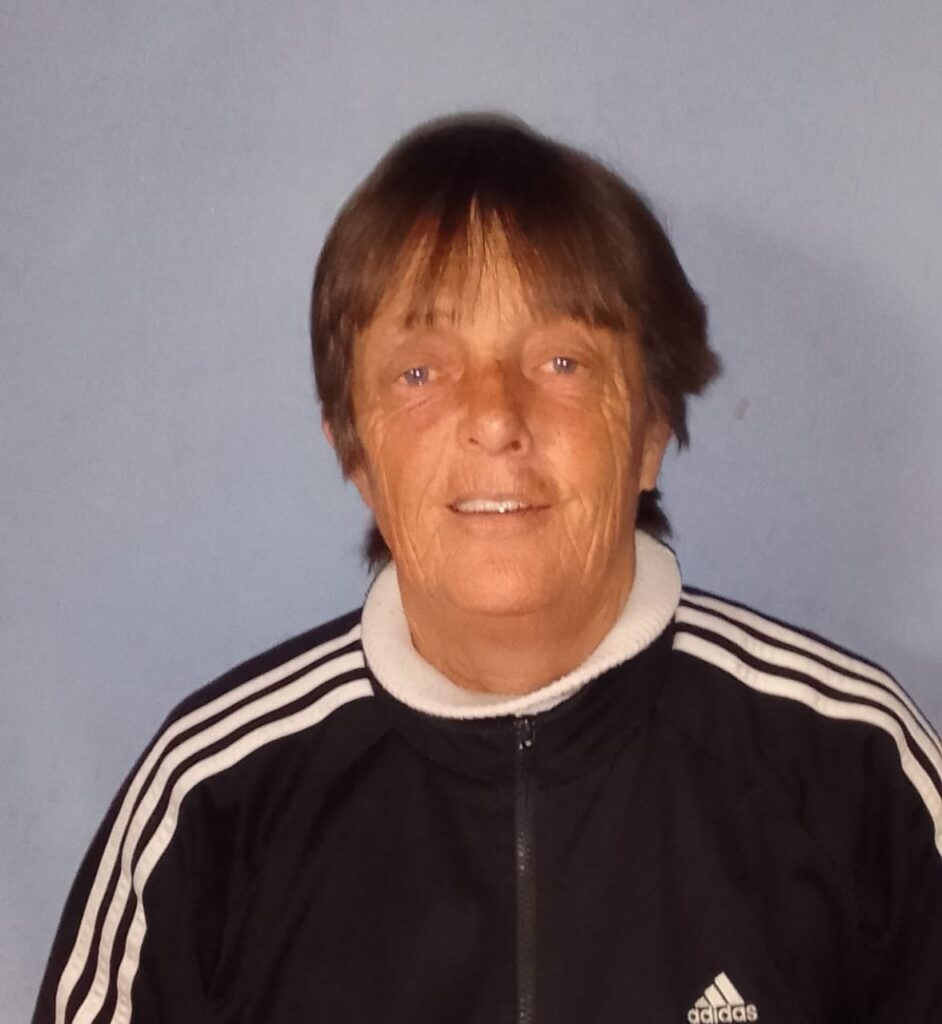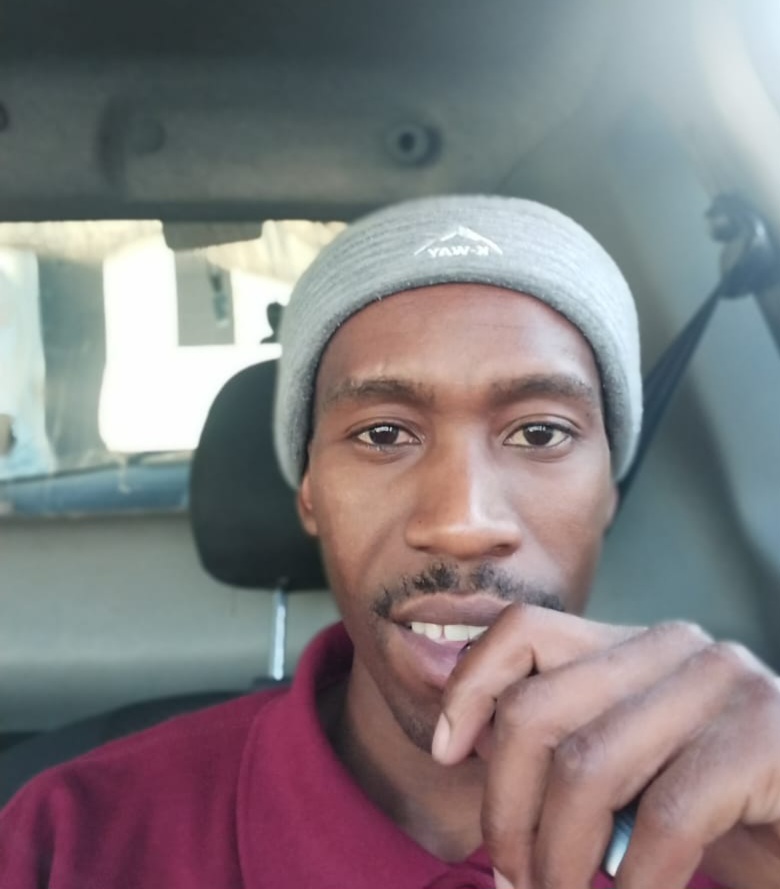Johnathan Paoli did a Vox Pop on Mandela Day and put questions to ordinary South Africans on the street about what the values and goals of the first South African democratically-elected President Mandela mean to them personally and as South Africans today.
1, Karabo Khang is a 25-year-old teacher assistant, living in Lambton, Germiston

Q: What do the values and goals of Nelson Mandela’s legacy mean to you personally?
A: Personally, the values he stood for were mostly just to win a political fight with the least amount of bloodshed. And as for the goals, especially for the kids of the future, their education, their health and everything, he tried his best to do all of that but you understand because of politics and everything that follows, it doesn’t work out so well.
Q: Considering the last decade, what do you think has been the progress of furthering Mandela’s legacy in our country?
A: It’s been the public holidays, especially his day, that Madiba day, that 67 minutes, they tried to push that influence to at least do something for other people. Also he was very democratic, he was one of the most democratic leaders the world has ever seen, stepping down from doing such a good job. Saving most of South Africa from war, I feel like that is part of the point. I feel like it’s been mostly that issue of public holidays where they make you feel that it’s Mandela day.
Q: What do you think the future holds for this legacy and what does the legacy hold for the future?
A: To be honest, I think his legacy is only going to be a memory. Most people are gonna practice it, let’s say the majority of people who know him. But the majority of people who know of him aren’t really concerned with his principles.
Our world has gone so far away, our SA as kind of derailed from what he wanted. So I feel like for the future, it holds an interesting lesson. But it’s a memory, a memory of when times were terrible and times became good. And no one will forget that someone was actually out there, sacrificing their time in prison, to come out and still be a good leader.
The future I see is going in its own direction, using some of the things he fought for, like freedom of speech and most of the rights that the majority of South Africans have now, is because they were fought for. And now most of them are being abused, people have used his image to manipulate, twisting his morals, to create their own world. It’s a very gloomy future.
2. Marie De Lange, is 61-year-old retired housewife from Mimosa Park, Germiston

Q: What do the values and goals of Nelson Mandela’s legacy mean to you personally?
A: His goals were noble, he fought to improve the lives of a lot of people that were treated unfairly and discriminated against. But the problem I have is there were a lot of white people who also suffered under apartheid and it feels like those people did not really benefit from Nelson Mandela. I think a lot of people today still battle with poverty and suffering.
Q: Considering the last decade, what do you think has been the progress of furthering Mandela’s legacy in our country?
A: I agree with the late Archbishop Desmond Tutu, that what the struggle was fought for is not being implemented today. Today it’s just about lining their pockets with money. I am sure this is not what he fought for and does not represent his legacy at all. I could understand if the ANC helped Black people like the Apartheid government helped white people, but they’re not even looking after their own people.
Q: What do you think the future holds for this legacy and what does the legacy hold for the future?
A: I think we’re heading towards a second Zimbabwe, the current government completely disregards what Mandela stood for and I think the way things are looking, I am not even sure if there is going to be a future. It seems that the future is bleak for South Africa.
3. Sakile Soka is a 27-year-old from Mimosa Park, Germiston

Q: What do the values and goals of Nelson Mandela’s legacy mean to you personally?
Apartheid we know, apartheid was bad, it needed to end. It ended, and gave Black people the opportunity to thrive in a democratic environment. Because we see a lot more Black people becoming successful if we compare post and pre-1994. So personally, I appreciate the steady growth we’ve made as Black people to be specific.
A: Considering the last decade, what do you think has been the progress of furthering Mandela’s legacy in our country?
Off the top of my head, what I can say is education. Yeah! our education hasn’t been great but if there’s one thing that he tried pushing, was getting Black people to study more and they’ve tried with the #FeesMustFall and getting students a discount and free education. Schools and universities have been built, not as much as we might like, but there’s been steady progress in that regard. So I would say education wise, we have really pushed that legacy.
Q: What do you think the future holds for this legacy and what does the legacy hold for the future?
The future is scary, because if we are now just considering the legacy of Madiba, I feel like the trajectory is going upside down actually. I feel like we’ve lost as a country, we’ve lost the “why”. Why were they fighting apartheid in the beginning?
Why was the change really necessary? I don’t know, it’s scary. Because I feel like if we’re carrying on the way we’ve been carrying on, I don’t see the legacy meaning much for the next generations to come as it has and as it did for the generations that were just after him and us maybe. So I’m not too sure, but it’s scary. If we carry on the way we are, I don’t think there will be a legacy in the future.
Video: Thlolohelo Mosala, Kgalalelo Setlhare with Lerato Mbhiza
Inside Politics
